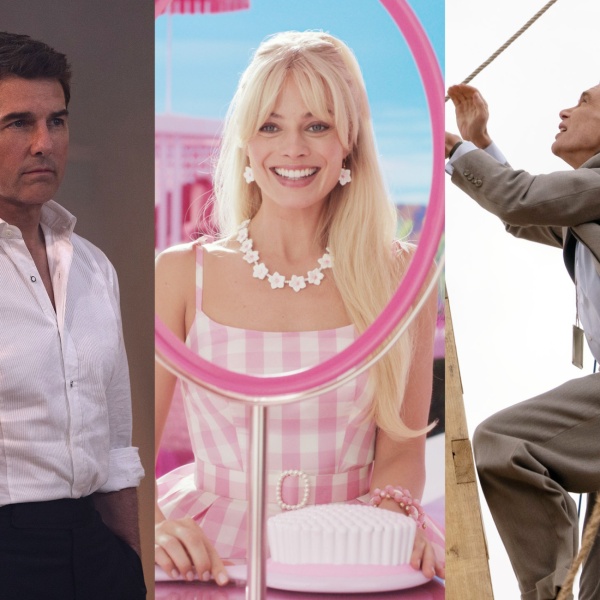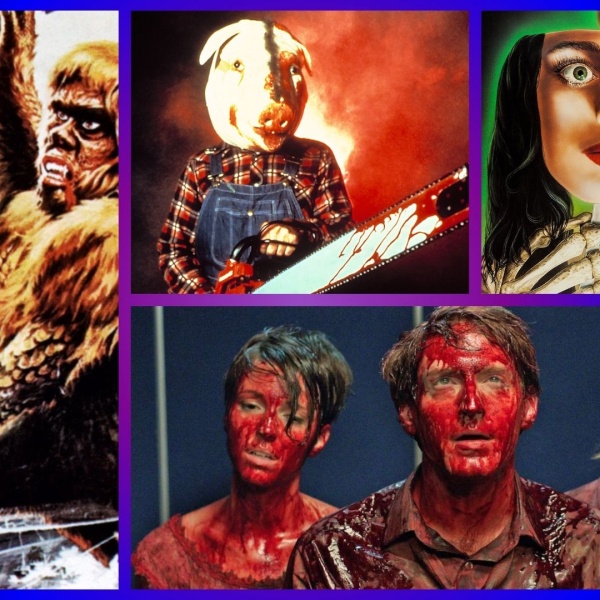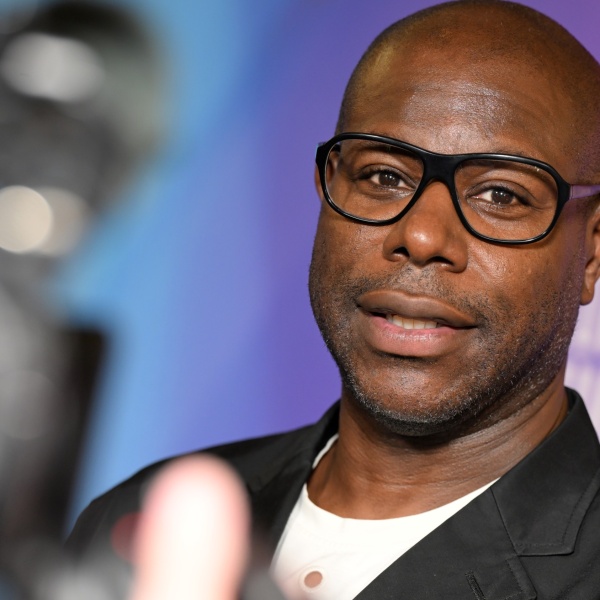The black suit with round hat, the cigar that never leaves the hand, the round figure, the classic V-shaped gesture, and the standard configuration of Winston Churchill are also the images of great men that most of us are familiar with. On December 1, 2017, “The Dark Hour” was released in China. The director Joe Wright invited Churchill off the altar and showed his most human side on the screen.
Unlike traditional biographical films such as “Imitation Game” and “Rhapsody of Bohemia”, which narrate the life of the biographer, “The Dark Hour” only selected the most critical time node in the European battlefield of World War II, the early stage of Churchill’s taking office.
The film does not emphasize the cruelty of the war, but permeates a serious and urgent atmosphere from the characters’ complicated eyes, a cramped stammer and a long silence, and strengthens the sense of crisis for the camp step by step. Secondly, the setting of the film is also an amazing highlight. The light, shadow and composition of each frame are just as good as the exquisite oil painting. With the deterioration of the war at the front, the color of the film has changed from red, yellow and brown to gray, white and black, and the weather has also changed from sunny to rainy, from bright to dark, from inside to outside, rendering the inner struggle of the characters.
As a biographical film, the characterization in “The Dark Hour” is undoubtedly the most colorful one in the whole film.
At the beginning of the film, Churchill sat alone in a dark room. As the match passed, the red and yellow flame lit the cigar and lit Churchill’s round face. It seemed to indicate that he was the fire of hope at the time of British life and death. In the face of the fall of Belgium and the Netherlands, the imminent surrender of France, and the burning situation of the German army pressing directly into the English Channel, Churchill took over the once-in-a-century mess from the former Prime Minister Chamberlain. “I was able to take over the post of Prime Minister because of the deteriorating situation. This is not a gift, but revenge”, he complained to his wife with a bit of frustration.
Churchill in the film has a unique British humor. He will wear a pink silk nightgown and run around the house barefoot; He will be coquettish to his wife and confide in her; He will scold the secretary lady he just met to sob because of trivial matters; He will chat with the king who was tired of seeing each other at first until the atmosphere drops to freezing point; He would fight with his political opponents, and privately scold Hitler for his lack of words… In The Dark Hour, he did not conform to the stereotype in people’s minds, but rather was an ordinary fat old man who did not speak so quickly, had a strange temper, was sometimes irritable, sometimes meditated, and often even carried some grievances.
Oscar winner Gary Alderman’s “reincarnation” performance brought Churchill alive to the public and restored the great names in history textbooks to ordinary people in real life. As director Joe White said, Churchill in “The Dark Hour” is not an invulnerable lone hero, but a contradictory politician full of hesitation, vulnerability and arrogance under pressure.
As for the film itself, perhaps the most shocking segment is Churchill’s classic speech “We will fight to the end” at the end.
In the face of the situation that the cabinet supported the peace talks with Hitler on almost one side during the war, Churchill, who had always been in charge of the war, also wavered and nearly gave up. But eventually Churchill decided to gamble and listen to the opinions of the people. As the Prime Minister, he always takes a special bus to get off the special bus and take the subway. On the subway, people could not help but feel uneasy when they saw faces only seen in newspapers sitting beside them, and Churchill quickly became one with the people with his unique personality charm and British humor.
In the conversation with the people, Churchill realized more clearly that the peace talks with fascists would ultimately bring only slavery and oppression, and the light of the people’s eyes that never gave up also rekindled Churchill’s inner fighting spirit. He came to the Waige and delivered a temporary speech in earnest and passionate words, which made the members of the Waige realize how passive the negotiations would ultimately put the country with a hundred years of history in.
At last, Churchill delivered a speech in Parliament, “We will fight to the end”:”We will fight in France, we will fight on the sea, and we will fight with confidence in the air! We will defend our homeland at any cost, and we will fight on the beach! We will fight at the enemy landing site! We will fight in the fields and the streets! We will fight in the mountains! We will not surrender at any time!”
As his political enemy, Viscount Halifax, said at the end: “He (Churchill) put language in armor and went to battle, which inspired the enthusiasm of the people of the whole country in the war of resistance.” Today, his words “never, never, never give up” still inspire thousands of future generations.
“The Dark Hour” is not just a movie. You have to look at it as a work of art, the film critic Yige said.
In this film, director Joe White still continues his unique aesthetic of photography. The color of the whole film is very dark, but a strong light shines behind the characters from nowhere. This distinctive high-contrast lighting, similar to Rembrandt’s style, gives the character greater tension and creates visual anxiety. This beam of light in the darkness seems to be Churchill’s own mood. In a repressed darkness, he still believes in the hope in the distance. In addition, the soundtrack “History Is Listening” and “The War Room” also make the rhythm of the whole story more smooth and interlinked. It is neither sloppy nor relaxed. It is just like a grand symphony, which is soul-stirring.
In the face of many difficulties, he overcame his doubts and hesitations, led Britain to the road of resistance to the end, and became Churchill’s figure in the flood of history. As Churchill said in his inaugural speech, “I have nothing else but blood, toil, tears and sweat for you!” This film is also the same. The crew infused blood, toil, tears and sweat into the grand script of history, presenting Churchill’s darkest moments and high-light moments on the screen completely. It is destined to become a landmark work of biographical films, which is worth seeing.


